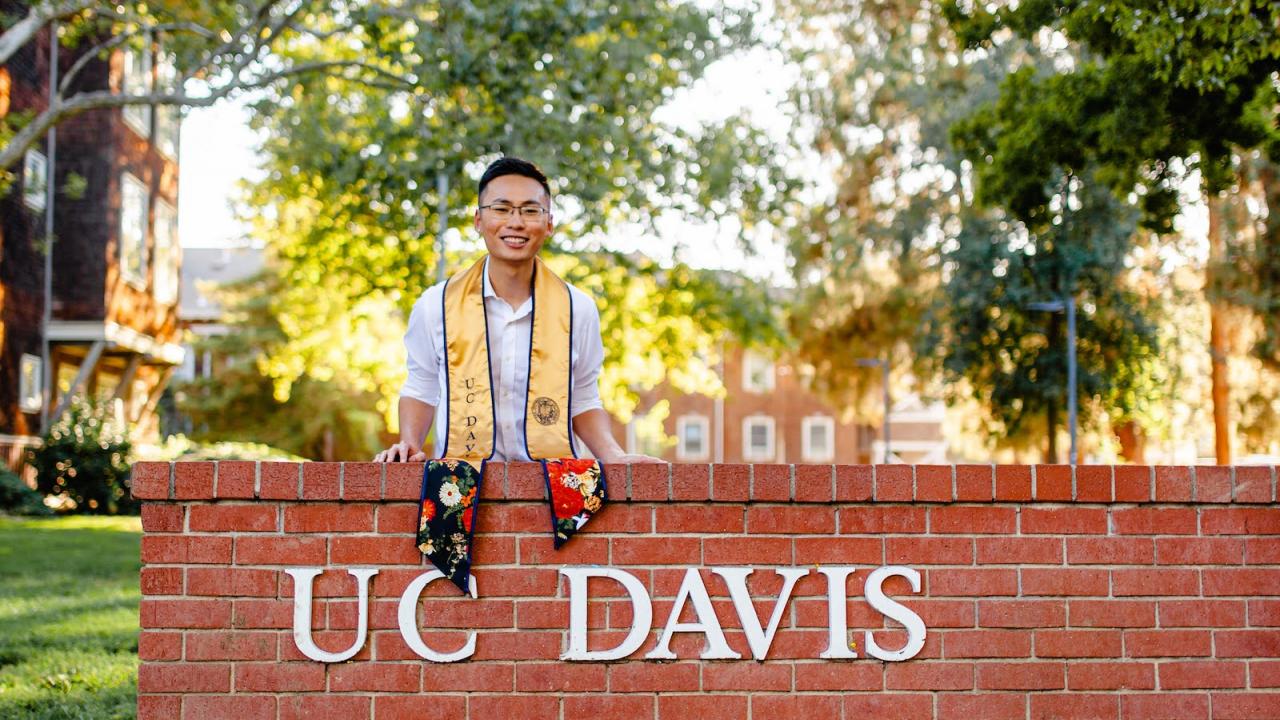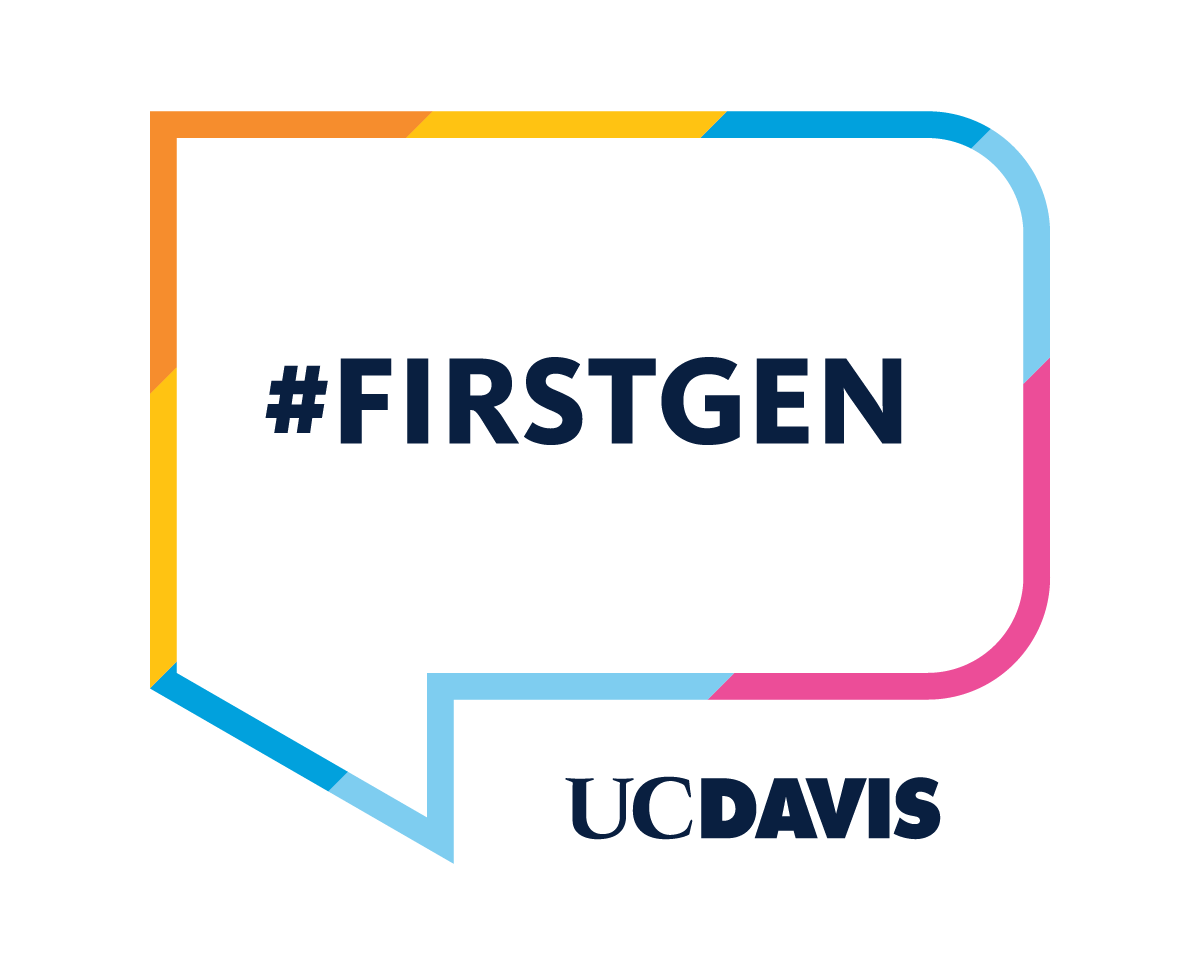
Researching Workers' Rights in Vietnam: My Past and Future Come Together
Eric Thai '20 discovers his academic pathway and his family history converge in research.
“What is a Ph.D.?” My immigrant father asked.
He was understandably concerned about my plans to spend another 4-5 years pursuing another degree.
“A Ph.D. is a degree that prepares me to ask questions and contribute knowledge to the world.”
Seeing how stumped my dad was, I pulled out a pen and paper and started drawing concentric circles representing expanding bands of knowledge, with a Ph.D. as a mountain rising on the outer layer – and at its peak, an academic career.
That metaphorical peak is utterly remote from my family’s experience. And yet, their experience is one of the main things driving me to climb this mountain.
Research is Personal
When I immigrated to the United States, I wanted to assimilate; I forwent my Vietnamese language and worked diligently to get out of English Learning Development classes. As I matured and began visiting my birth country, I realized the importance of knowing my ancestral roots, where my family came from, and how they lived. This would eventually inspire my research interest and honors thesis.
Curiosity about my birth country grew as I made my way through college. Given the opportunity, I would always choose to research Vietnam for class presentations. In my second-year, honors course on human rights, I presented my findings on gross violations of Vietnamese citizens’ universal right to free speech.
In my third year, while doing research with my faculty mentor, political science professor Heather McKibben, I learned that Vietnam had agreed to a binding trade treaty with the European Union that included provisions requiring the government to protect fundamental rights of workers. This is huge. For a government that represses protests and free speech, signing an agreement that requires the government to protect the freedom of association and workers' rights to collectively bargain should be politically consequential. And yet, while globalization helps the economy of developing states like Vietnam through liberalized trade and investment, it builds on repressing the rights of workers and silencing those who protest and go on strikes.
To work without the right to demand better wages, working conditions, and benefits is a trap set by poverty. With poverty still rampant in developing countries, jobs in sweatshops remain exploitative because workers do not have a real choice; they either work for exploitative employers, or they starve.
My research explores whether developing countries who sign trade agreements with labor provisions are actually motivated by the trade relationship to improve labor rights protection.
I had a personal exigency to understand the conditions in which developing countries would provide actual protection and promotion of fundamental rights for workers that would allow them to associate and collectively bargain against the status quo and demand better working conditions.
Advice: Applying to Graduate School
I started my applications a year before the deadline, and surrounded myself with mentors and advisors who gave me strong, constructive feedback. I conducted full-time research in the summer of my junior year, and wrote my honors thesis with the help of my mentor (who patiently read my many drafts). I also got help from the Institute for the Recruitment of Teachers, which helps underrepresented minorities to pursue advanced degrees to increase diversity in America’s educators. With their help, I crafted a statement of interest that captures my motivation for studying international labor governance, the origin of my research interest, what I did to showcase my seriousness with research, and why the institution I'm applying to would be a strong fit.
Lastly, I attempted the GRE twice with unspectacular results. Long story short, I learned that scores are not everything. Fitness of research interests, clarity of research agenda, and a concrete plan of study are crucial for a university to invest in a graduate student.
While writing my thesis I would think of my grandfather’s tales of hardship, traveling a great distance daily to sell pork in Saigon; and my mother’s stories of laboring throughout her youth. Even today, they would not have opportunities for education since they needed to work to survive. And if they had taken jobs in sweatshops, they would have been powerless against potential exploitations, given the scant protection of workers' rights.
Researching workers’ rights pays homage to my community, and offers a way to advocate for impoverished Vietnamese and other marginalized communities.
A privilege and an upward battle
As a first-generation student, applying to graduate school is both a privilege and an upward battle. We have to justify the opportunity costs and make our way through an unfamiliar process.
I had a lot of help from Dr. McKibben, my graduate mentor, Fiona Ogunkoya, and and my IRT advisor Dr. Alisa Sanchez.
I am proud to say that I will be attending the Political Science Ph.D. program at UC San Diego this Fall. I never thought I would be accepted to a top 10 graduate program. I am grateful to everybody who was a part of my journey, and proud to be a first-generation graduate student climbing that mountain.
